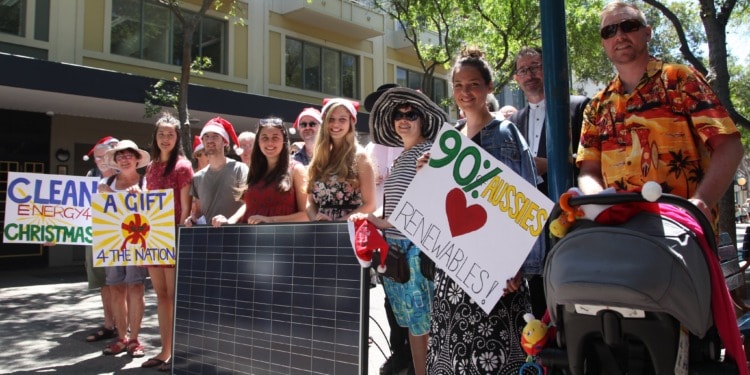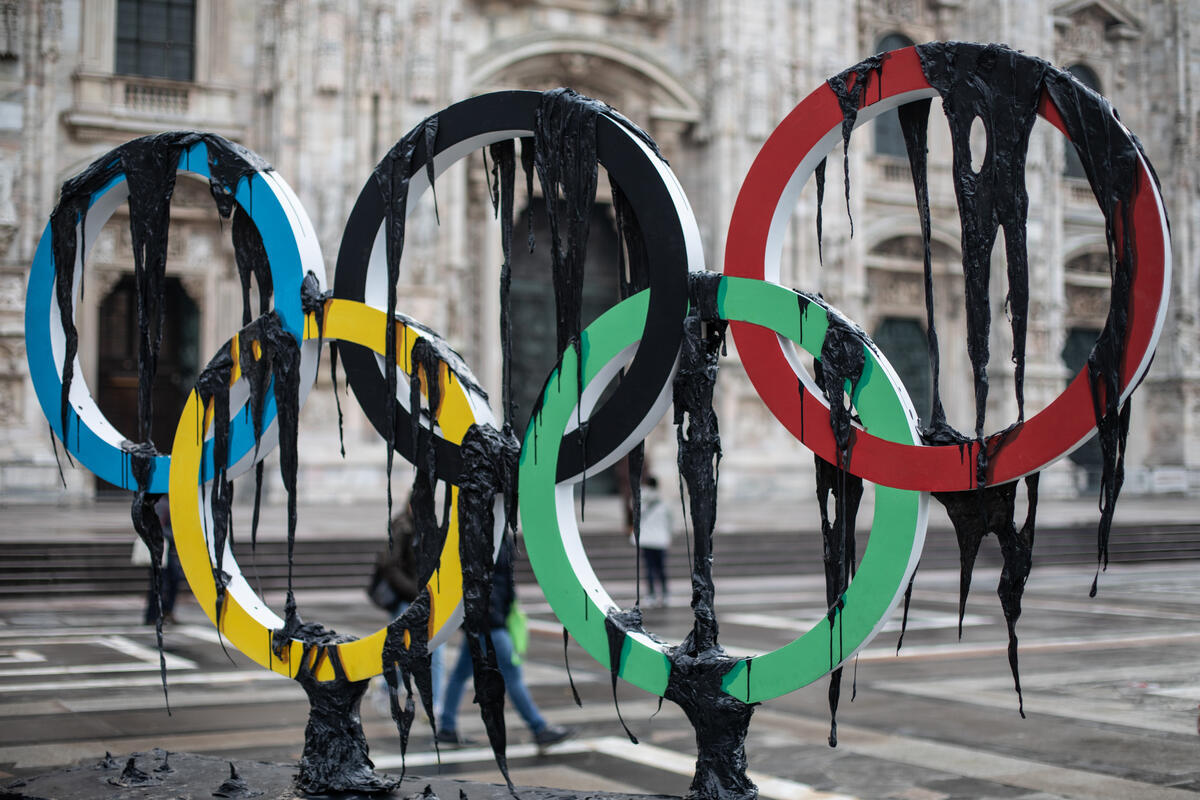On Wednesday, Australia’s new labor government introduced legislation that prioritizes climate change efforts after nearly a decade of anti-climate change policies.
Back in May, after nine years of ruling under the conservative Liberal Party of Australia — previously spearheaded by Prime Minister Scott Morrison — Prime Minister Anthony Albanese took office alongside his Green-focused Labor Party.
Just a couple of months later, Albanese’s green agenda is already in effect as Australia attempts to ramp up clean energy jobs and cut back on emissions.
The Government has just introduced legislation for stronger action on climate change. It's time to end the climate wars.
— Anthony Albanese (@AlboMP) July 27, 2022
Climate legislation passed on July 27
In an effort to implement a rigorous climate agenda, the new Labor government signed its first piece of climate legislation Wednesday with the goal of creating more clean energy jobs and reducing carbon emissions across the country.
In a statement regarding the latest climate legislation, Australia’s Minister for Climate and Energy Chris Bowen said the legislation was a message that Australia was “open for business” after nearly a decade of little to no climate change progress.
“The world’s climate emergency is Australia’s job opportunity,” said Bowen, adding that the country could soon be a renewable energy powerhouse.
The new legislation is expected to create new jobs in the clean energy sector including battery manufacturing and dealing with precious metals such as aluminum, lithium, copper, cobalt and nickel.
Bowen mentioned transitioning into the manufacturing of metals would open up a huge market for Australia in renewable resources.
The legislation also set a 43% emissions reduction target by 2030 and a net zero target by 2050. In order to efficiently lower emissions, the implementation would be monitored by an independent climate change authority.
Despite new green efforts, in a TV interview on Tuesday Albanese mentioned Australia would not end coal exports yet because the effort would only lead to customers buying coal from other sources and cause significant job loss.
Australia in an environmental crisis: from mammal extinctions to wildfires and collapse of ecosystems
This good news comes in the midst of what can only be described as a general environmental crisis bordering on catastrophe.
A State of the Environment report published roughly a week ago revealed Australia has lost more animal species than any other continent in the past 200 years and continues to have the highest rate of animal extinction among developed countries.
In February of this year, the country’s beloved animal, the Koala, was officially moved to the endangered species list.
Alongside a high rate of extinction, the occurrence of natural disasters across the continent is becoming increasingly frequent, scientists warning deadly wildfires like the ones experienced between 2019-2020 — which killed 34 people and destroyed thousands of homes — could become a regular occurrence.
In fact, humans are not the only ones affected by devastating wildfires — 1 out of 3 billion animals were killed or displaced because of wildfires.
Natural disasters are also leading to the collapse of ecosystems, with the report finding roughly 19 ecosystems on verge of collapse.
The entire framework of such ecosystems are changing, with more foreign plants being found in Australia than native species. In Sydney, Australia, more than 70% of native vegetation cover has been lost by urban development. Urbanization in cities has led to more pollution and waste across the continent.
The report also found that heat waves caused mass coral bleaching to the Great Barrier Reef — the world’s largest coral reef system in the world.
'Devastating.' An alarming report shows coral bleaching has affected 91% of the the Great Barrier Reef: https://t.co/NjmP2HdXKp
One of the seven wonder's of the nature world is being destroyed before our eyes. We must #ActOnClimate #climate #energy #renewables #GreenNewDeal pic.twitter.com/asG3DLY7VS
— Mike Hudema (@MikeHudema) July 18, 2022
The government commission review by the independent group of scientists was conducted roughly a year ago but was held back from publication by Australia’s former government run by Prime Minister Scott Morrison and his conservative political party.
As the information from the report continues to circulate the shocking news of Australia’s precarious circumstances, Albanese’s government appears to be answering an urgent call from the wild and Australian climate activists to act now.
The government’s latest legislation to target carbon emissions and introduce green jobs seems to be a start in the right direction, but to save an environment which has been beaten down for decades — Albanese will need to do more to make up for prior mistakes, much more.
Editor’s Note: The opinions expressed here by the authors are their own, not those of Impakter.com – In the Featured Photo: Australian citizens deliver solar panels as part of a Christmas gift to former Prime Minister Tony Abbott on December 15, 2014. Source: Kate Ausburn, Flickr.











